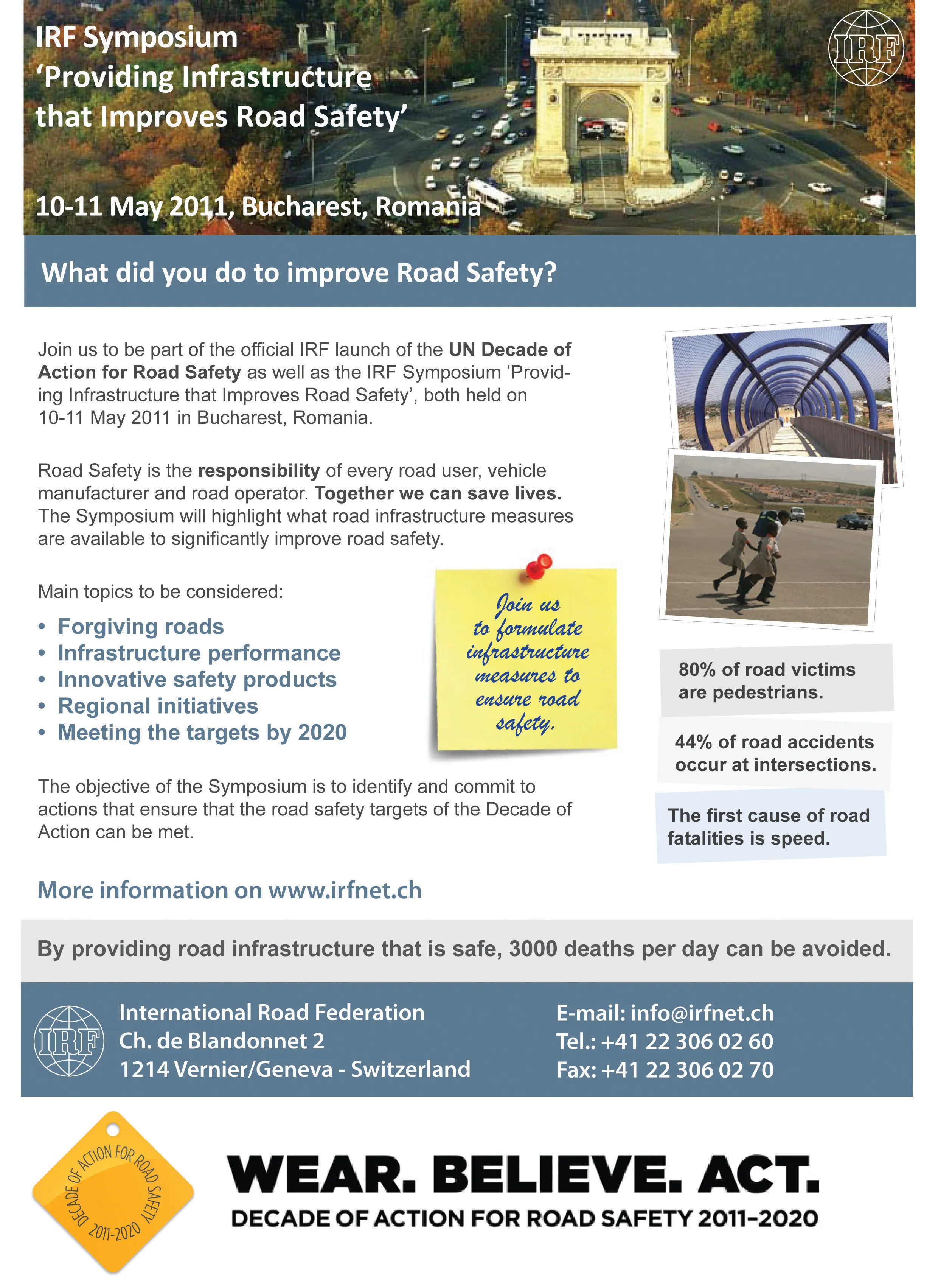The 2012 Transport Achievement Award Call for Applications has now been launched in Paris. This forms part of the run-up to the International Transport Forum's 2012 Summit on "Seamless Transport: Making Connections".
April 26, 2012
Read time: 2 mins
The 2012 Transport Achievement Award Call for Applications has now been launched in Paris. This forms part of the run-up to the 1102 International Transport Forum’s 2012 Summit on “Seamless Transport: Making Connections”. The 2012 Transport Achievement Award will honour a project, initiative or product that demonstrates how the vision of seamless transport can become reality.
The Award challenges transport operators, service providers, authorities, suppliers and manufacturers from the rail, road, maritime or aviation sectors to demonstrate how they develop new forms of mobility through seamless connections between people, infrastructure and markets.
“The user of transport wants a simple and easy-to-use system where they are concerned only with when to use a transport service, and the points of departure and arrival,” explained Michael Kloth, acting secretary general of the International Transport Forum at the OECD. “In an ideal seamless transport model, the system would provide services, connections and real-time information that result in movement of people and goods with minimal planning and effort. Seamless transport systems is an aspiration that aims to meet user needs by combining various modes, connections and services, with minimal transaction hassle and in a cost-effective manner,” said Kloth.
Applications for the Award are open to all modes of transport: operators, service providers, authorities, and suppliers and/or manufacturers, within International Transport Forum member and observer countries. It will be awarded in the presence of Transport Ministers from around the globe at the International Transport Forum’s Annual Summit to be held 2-4 May 2012 in Leipzig, Germany. The International Transport Forum at the OECD is offering this prestigious award with the support of several key industry organisations.
The Award challenges transport operators, service providers, authorities, suppliers and manufacturers from the rail, road, maritime or aviation sectors to demonstrate how they develop new forms of mobility through seamless connections between people, infrastructure and markets.
“The user of transport wants a simple and easy-to-use system where they are concerned only with when to use a transport service, and the points of departure and arrival,” explained Michael Kloth, acting secretary general of the International Transport Forum at the OECD. “In an ideal seamless transport model, the system would provide services, connections and real-time information that result in movement of people and goods with minimal planning and effort. Seamless transport systems is an aspiration that aims to meet user needs by combining various modes, connections and services, with minimal transaction hassle and in a cost-effective manner,” said Kloth.
Applications for the Award are open to all modes of transport: operators, service providers, authorities, and suppliers and/or manufacturers, within International Transport Forum member and observer countries. It will be awarded in the presence of Transport Ministers from around the globe at the International Transport Forum’s Annual Summit to be held 2-4 May 2012 in Leipzig, Germany. The International Transport Forum at the OECD is offering this prestigious award with the support of several key industry organisations.








